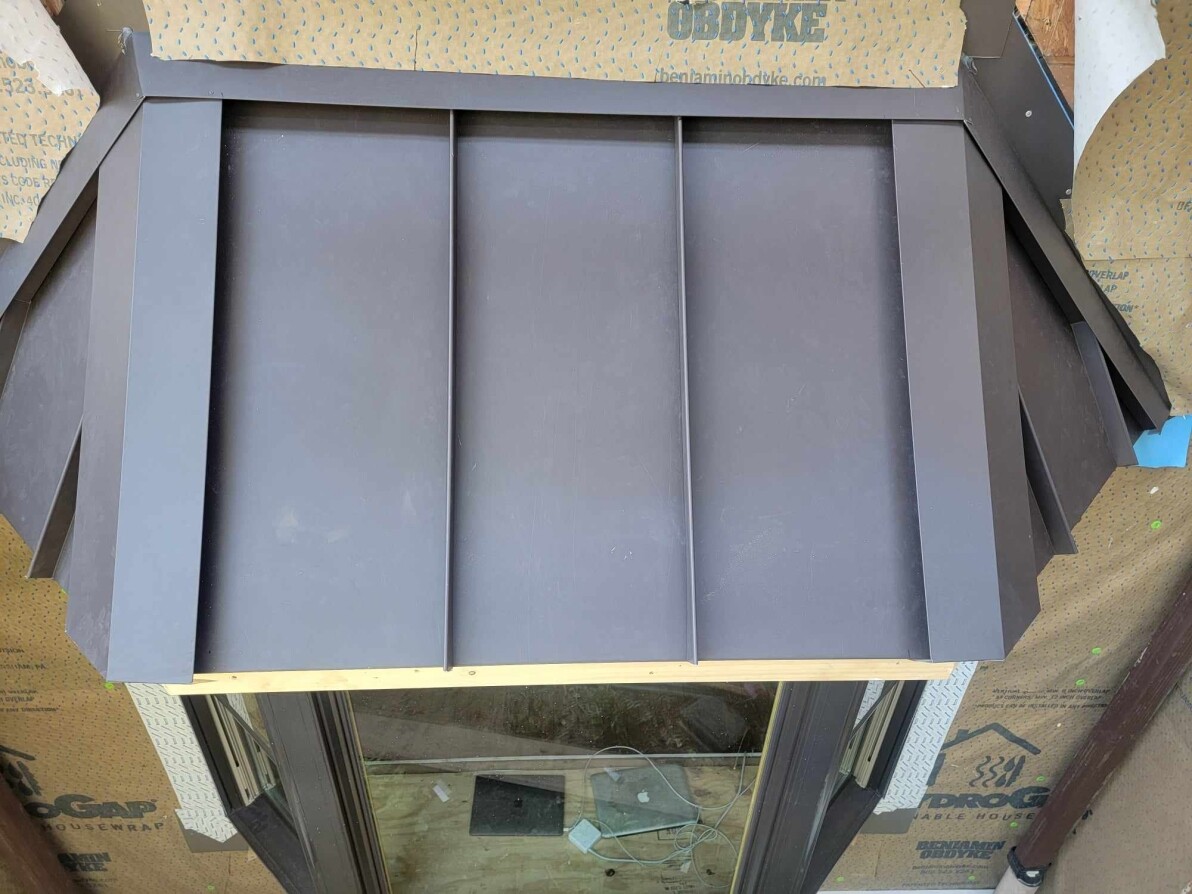Metal Roof vs. Traditional Roofing Materials: A Comprehensive Comparison

When it comes to roofing choices, homeowners often face the dilemma of selecting between time-tested traditional materials and the increasingly popular metal roofing options.
Each material comes with its own set of advantages and considerations. In this comprehensive comparison, we’ll delve into the key factors that distinguish metal roofs from traditional roofing materials, providing homeowners with valuable insights for their decision-making process.
**1. Durability and Longevity:
- Traditional Materials:
- Materials like asphalt shingles and wood shakes have been staples in roofing for their affordability, but they may not match the durability of metal. They can be prone to weathering, decay, and damage over time.
- Metal Roofs:
- Metal roofs, on the other hand, are celebrated for their exceptional durability. They withstand harsh weather conditions, resist corrosion, and often come with warranties spanning several decades. This longevity makes metal roofs a wise investment for homeowners seeking a durable and resilient roofing solution.
**2. Energy Efficiency:
- Traditional Materials:
- Traditional materials absorb and retain heat, potentially leading to higher indoor temperatures, especially in sunny climates.
- Metal Roofs:
- Metal roofs are reflective and emissive, meaning they reflect sunlight and release absorbed heat. This energy-efficient quality can result in lower cooling costs during hot seasons, making metal roofs an environmentally conscious and cost-effective choice.
**3. Aesthetic Variety:
- Traditional Materials:
- Traditional roofing materials offer a classic and familiar appearance, but customization options may be limited.
- Metal Roofs:
- Metal roofs come in a variety of styles, colors, and finishes. Whether you prefer the sleek lines of standing seam metal or the mimicry of traditional materials like wood or slate, metal roofs provide a versatile and modern aesthetic that complements various architectural styles.
**4. Installation and Weight Considerations:
- Traditional Materials:
- Traditional materials are often easier to install, and their weight is typically not a concern for the structural integrity of most homes.
- Metal Roofs:
- Metal roofs are lightweight, but the installation process may require specific expertise. Working with a professional contractor experienced in metal roofing installations is crucial to ensure proper installation and maximize the benefits of this roofing material.
**5. Environmental Impact:
- Traditional Materials:
- Many traditional roofing materials contribute to landfill waste once they reach the end of their lifespan.
- Metal Roofs:
- Metal roofs are highly recyclable, making them an environmentally friendly choice. The recyclability of metal contributes to a more sustainable roofing option, aligning with the growing trend of eco-conscious construction practices.
In conclusion, the choice between metal roofs and traditional materials depends on various factors, including budget, aesthetic preferences, and long-term goals. While traditional materials have their merits, the durability, energy efficiency, and aesthetic versatility of metal roofs make them a compelling option for modern homeowners. At Yukor Construction LLC, we specialize in providing expert guidance to homeowners in New Jersey, assisting them in selecting the roofing solution that best suits their needs. Contact us today to explore the diverse and durable options we offer for roofing installations and replacements.